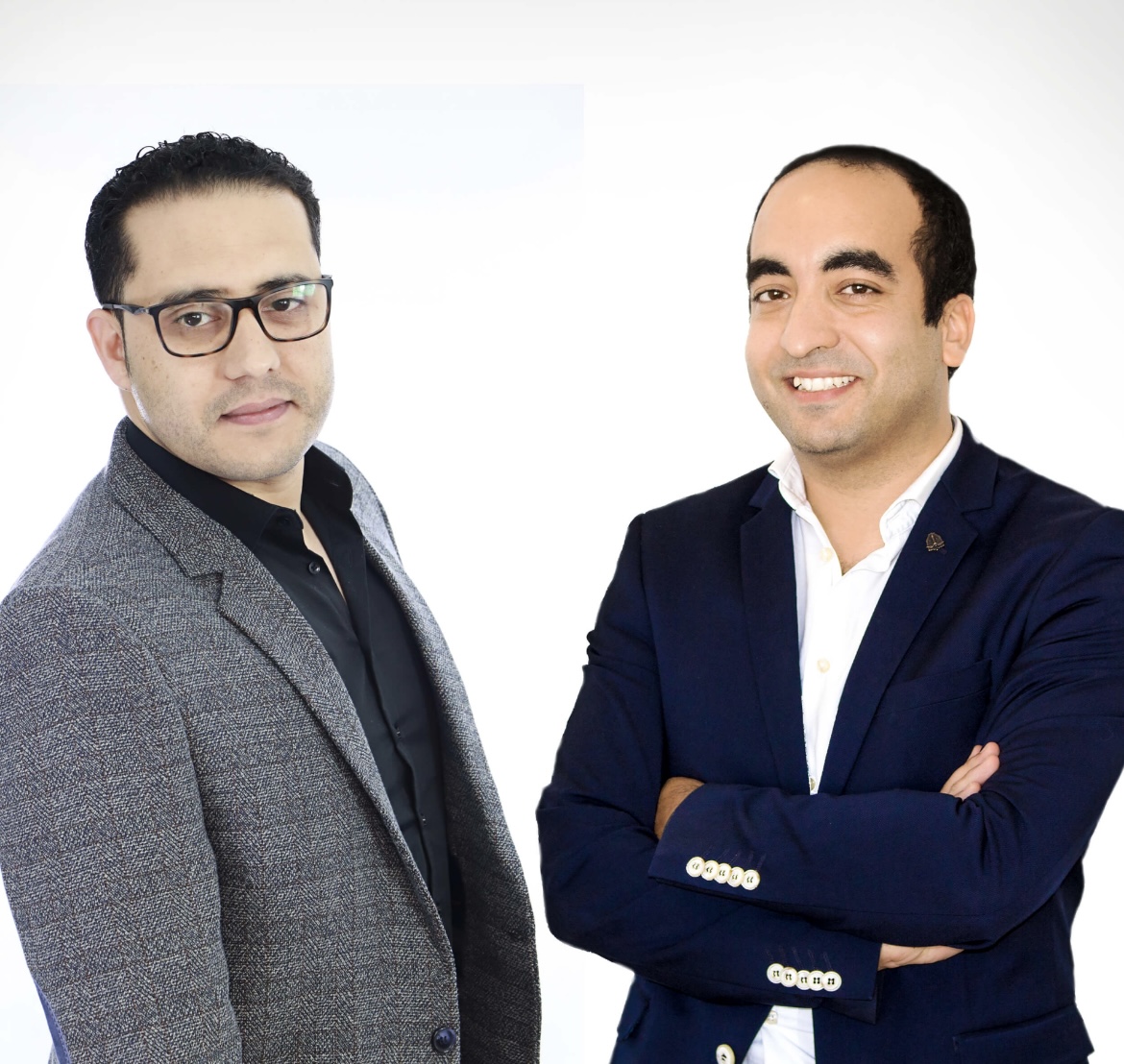Thunder Code: Revolutionizing Software Testing with Generative AI
Introduction
In a remarkable turn of events, co-founders Karim Jouini and Jihed Othmani have embarked on a new entrepreneurial journey following the successful sale of their previous venture, Expensya. This significant acquisition, executed in 2023 for an estimated $120 million, marked one of the largest deals for an African startup, with Swedish software firm Medius as the buyer. Now, the duo has launched Thunder Code, a cutting-edge software testing platform powered by generative AI.
A New Chapter: Founders Return to Entrepreneurship
After the successful integration of Expensya into Medius—where Jouini took on the role of Chief Technology Officer—both founders had pledged to step back from the startup scene. However, the rise of generative AI and the potential for innovation compelled them to rethink their decision. “It’s quite astonishing because we promised not to start another company after the challenges of Expensya,” Jouini remarked. “But much like parents forgetting the hardships of their first child, we found ourselves drawn back in.”
Seed Funding Launches Thunder Code
In just six months since its inception, Thunder Code has successfully raised $9 million in seed funding, signaling strong market interest and investor confidence. “We’re convinced this venture has the potential to become a unicorn,” Jouini stated, emphasizing the company’s ambitious vision.
Bridging Experience with Innovation
Transitioning to his role at Medius reignited Jouini’s passion for technology. Overseeing the merger of multiple companies across three continents allowed him to observe the transformative potential of generative AI in the software industry. This insight sparked the idea for Thunder Code, which aims to tackle the inefficiencies of manual software testing.
Streamlining Testing Processes with AI
The heart of Thunder Code’s innovation lies in its AI-driven “agents.” These intelligent tools emulate human testers, streamlining quality assurance processes by detecting nuanced user interface and experience issues while adapting from past feedback. "Our approach is all about quick iteration," Jouini noted. “We delivered our initial minimum viable product (MVP) within six weeks, and the current version is significantly more robust than Expensya’s was four years in.”
Gaining Momentum in a Competitive Market
Thunder Code has already begun to attract paying customers and initiate pilot programs across the U.S., Canada, France, and Tunisia. By collaborating with development teams, QA specialists, and delivery managers, the company is positioning itself as a leader in web application testing, with plans to branch into mobile, desktop, and API testing by 2025.
Leveraging Lessons from Expensya
Determined to avoid the pitfalls they encountered at Expensya, Jouini emphasizes the importance of prioritizing core features and recruiting top talent from the outset. He recognizes the necessity of early capital dilution to secure quality expertise, a perspective he believes is vital for long-term success. “Many African entrepreneurs fear dilution, wanting to retain full control, but we understand that achieving unicorn status involves sharing equity,” said Jouini.
The Expanding Landscape of Software Testing
Despite the jump from expense management to software developer tools being considerable, Jouini views the software testing market as ripe for disruption, with projections suggesting it will surpass $100 billion by 2027. Current major players, including Tricentis and BrowserStack, remain predominantly tied to legacy code platforms, creating opportunities for agile newcomers like Thunder Code.
A Strategic Advantage through Talent and Technology
Thunder Code’s co-founder, Othmani, contributes invaluable expertise in generative AI, having developed internal AI tools at Expensya before the technology gained mainstream recognition. Their complementary skills, alongside the substantial seed funding, position Thunder Code to capture a significant share of the growing software testing market.
Investor Confidence Fuels Growth
Thunder Code’s funding round features notable investors who also supported Expensya, including Silicon Badia, Janngo Capital, and Titan Seed Fund, complemented by strategic angel investors such as Roxanne Varza and Karim Beguir. Additionally, employees from Expensya who previously benefited from the acquisition are now invested in Thunder Code, showcasing a strong belief in the venture’s potential.
Conclusion
With a unique proposition in the realm of software testing and a commitment to harnessing generative AI, Thunder Code is poised to carve out a niche in a competitive marketplace. As Jouini and Othmani navigate this new venture, they aim to transform the testing landscape, building on their past experiences while driving forward with innovation.




